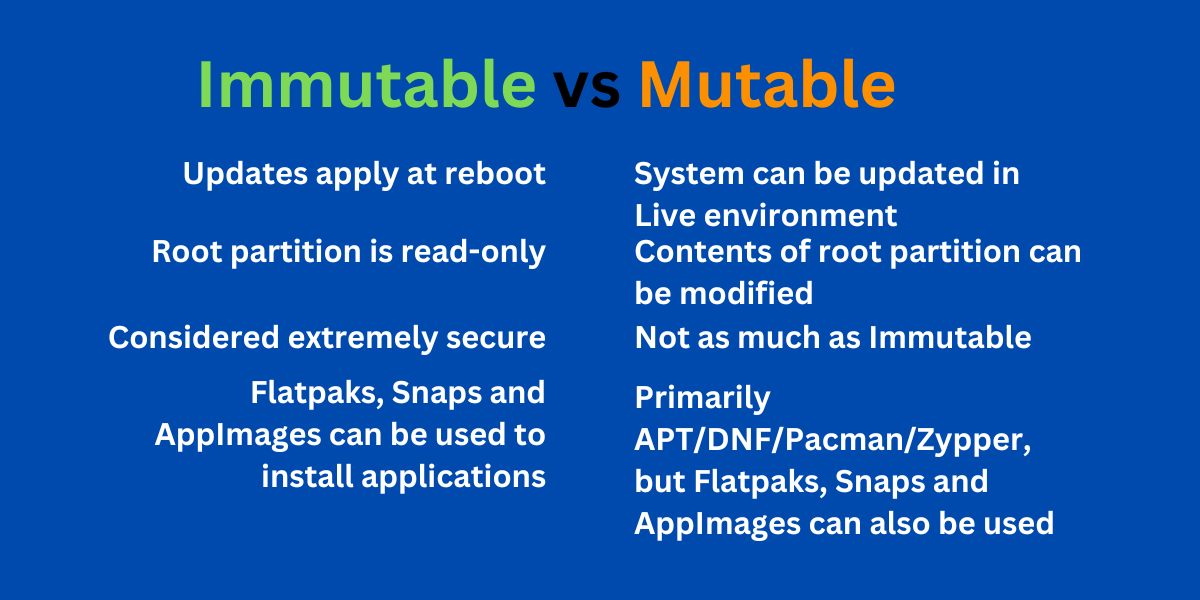this post was submitted on 13 Jan 2025
362 points (93.9% liked)
Linux
49051 readers
885 users here now
From Wikipedia, the free encyclopedia
Linux is a family of open source Unix-like operating systems based on the Linux kernel, an operating system kernel first released on September 17, 1991 by Linus Torvalds. Linux is typically packaged in a Linux distribution (or distro for short).
Distributions include the Linux kernel and supporting system software and libraries, many of which are provided by the GNU Project. Many Linux distributions use the word "Linux" in their name, but the Free Software Foundation uses the name GNU/Linux to emphasize the importance of GNU software, causing some controversy.
Rules
- Posts must be relevant to operating systems running the Linux kernel. GNU/Linux or otherwise.
- No misinformation
- No NSFW content
- No hate speech, bigotry, etc
Related Communities
Community icon by Alpár-Etele Méder, licensed under CC BY 3.0
founded 5 years ago
MODERATORS
you are viewing a single comment's thread
view the rest of the comments
view the rest of the comments

Well it's a bit confusing. On Guix' wiki General features you can read:
And then on its wiki Guix System (operating system) Roll-back you can read:
So the system configurations on a Guix system are actually immutable, as opposed to regular gnu+linux distributions, which can change the system configuration on the fly. What else is immutable on Guix, I can't tell, but at least you can not change its system configs. What is atomic is the upgrades.
I'm not sure, but as Guix borrowed these properties from Nix, I'd think this applies to Nix as well.
In other words, at least the Guix system has immutable components. And further, the system config which is immutable, is also declarative. Combining those two things might be intimidating, since it's not like on the fly one can go and change the system config, which might be required when debugging some misbehavior, and it's what most distros document, then one needs to learn about guile, and a bit about functional programming I guess or at least their basics... Deploying systems might take advantage of such declarative configurations though...